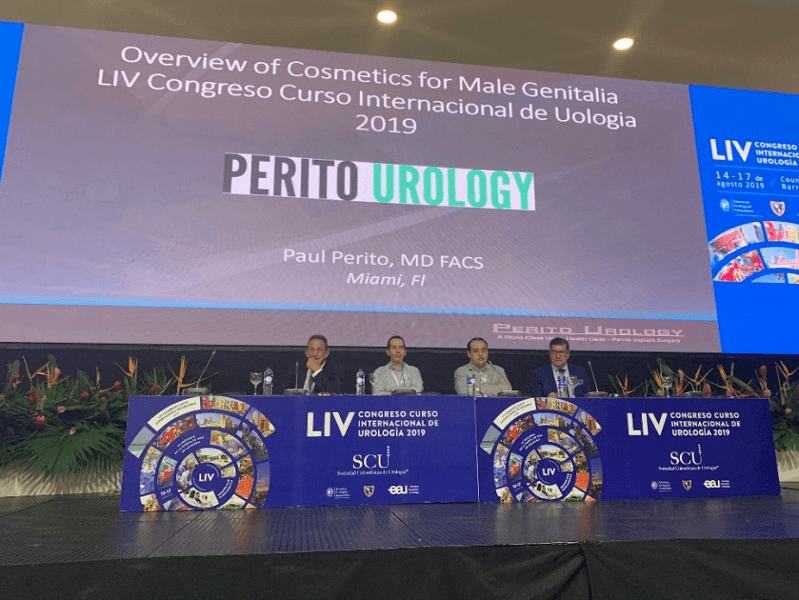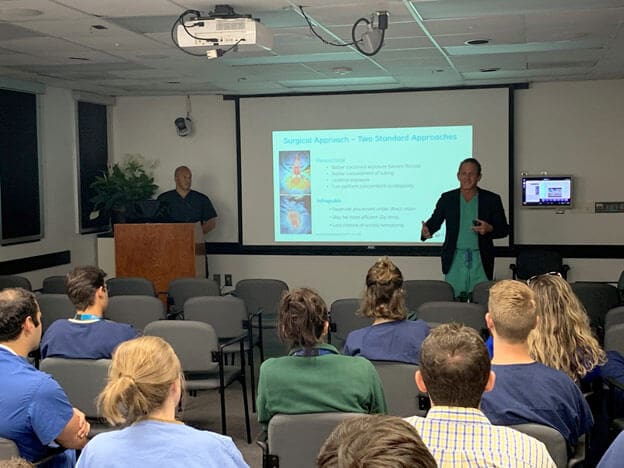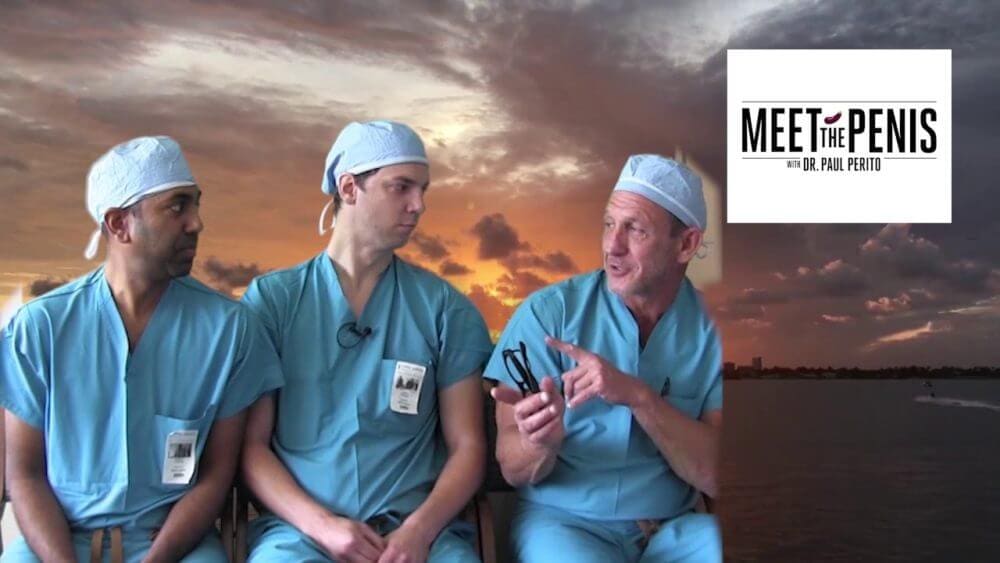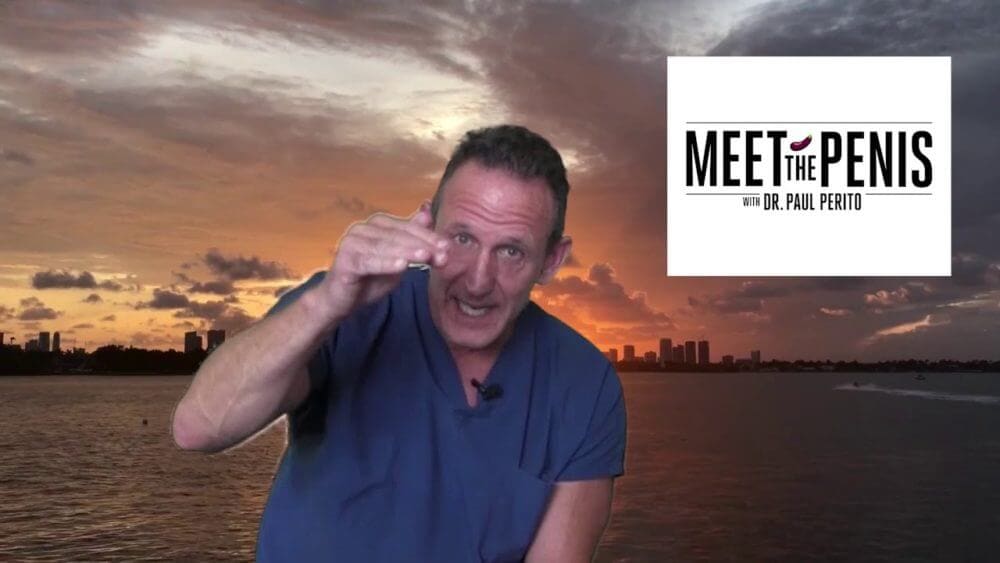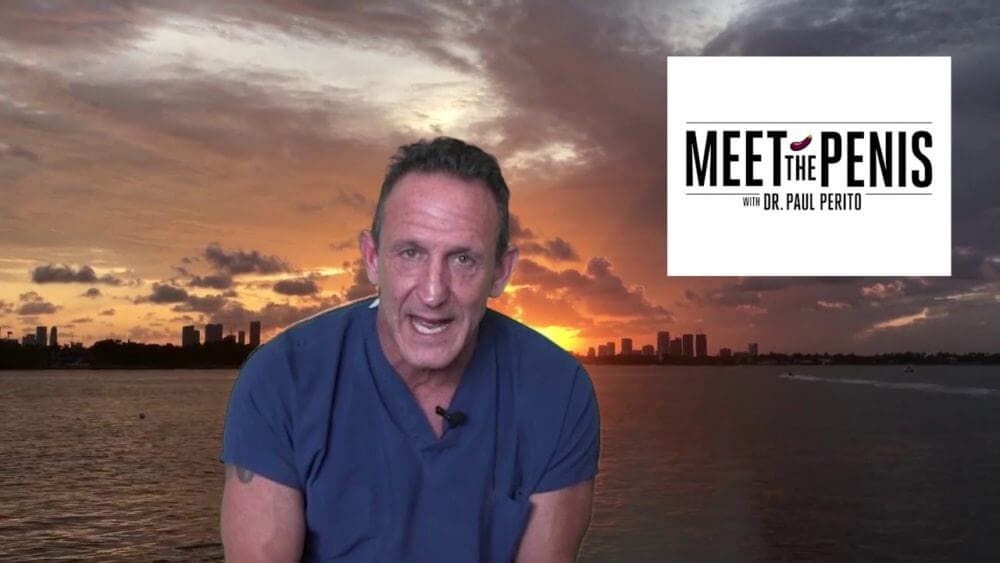Dr. Perito Attends Colombian Urologic Conference
During the week of August 13-17, 2019, Dr. Perito had the extreme pleasure of traveling to Barranquilla, Colombia to partake in the LIV Congreso Curso Internacional de Urologia. The LIV conference is hosted by the Sociedad Colombiana de Urologia, and Dr. Perito was truly honored to be one of their keynote Speakers. He gave 3 … Read more

